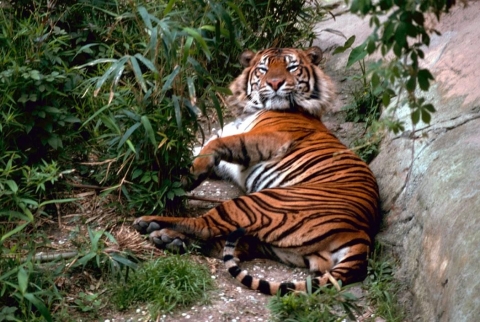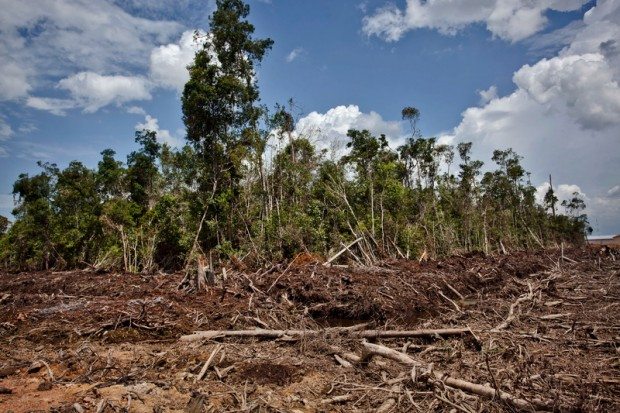End Wildlife and Animal Exploitation to Help Prevent Future Pandemics

There needs to be a major international overhaul on how humans treat animals. This is a message that has to come from the present Covid-19 pandemic, but it is also a lesson that should have been learnt from previous disease outbreaks. Whilst there is at present an understandable and necessary global effort on improving treatment and developing vaccinations to tackle Covid-19. There is also a need to address the causes of this type of pandemic and lessen the risk of viruses that jump from animals to humans. Otherwise new such pandemics will emerge and spread.
It is something that has brought the issue of animal abuse to people's attention. Many were understandably horrified at scenes from the so-called wet markets in China. When all kinds of terrified wild and domestic animals were seen held in tiny cages. Watching and waiting their turn as other animals were brutally slaughtered in front of them. It has been estimated that up to 30 million dogs and cats are killed every year for their meat in Asia and are frequently slaughtered in live animal markets alongside other species. When the coronavirus took hold in China, scientists focused on the origin being a wet food market in Wuhan. Albeit that other theories of the source of the outbreak of the virus have been suggested.
It is not only Covid-19 that can be spread from animals - humans. Pathogens, known as zoonotic diseases, also include Ebola, MERS, HIV/AIDS and West Nile virus. According to both the World Health Organisation (WHO) and a United Nations (UN) environment report last year, 75 percent of all emerging infectious diseases originate in animals. Not least in causing this spread is the trade and consumption of wild animals, many being endangered species This report Preventing the Next Pandemic: Zoonotic diseases and how to break the chain of transmission, warned of a ‘steady stream’ of infectious diseases unless the world tackles wildlife exploitation.
There is a clear link between animal abuse and exploitation and infectious disease spread. The United Nations report warns that more diseases that pass from animals to humans, such as COVID-19, are likely to emerge as habitats are ravaged by wildlife exploitation, unsustainable farming practices and climate change. This is why a leading animal-welfare organisation wrote an open letter in March 2021, addressed to the WHO, the Food and Agriculture Organisation of the United Nations (FAO) and the World Organisation for Animal Health (OIE), urging them to tackle the root cause of the pandemic and not just the symptoms. The Letter sent on behalf of the international animal welfare organisation, FOUR PAWS can be seen here.
Four Paws points to the fact that in 2007-2011, the three global organisations, the WHO, FAO and OIE, established a One Health plan. The aim being the reduction of health risks, that included the issue of animal-human interactions. Worldwide group Four Paws now wants them to add a “One Welfare” plan, stressing links between animal welfare and people’s wellbeing. There appears to be a growing momentum towards an holistic approach, as outlined in the warning and demands contained in the recent FOUR PAWS letter. As well as from last year's WHO and UN environment report. The science is clear; further exploitation of wildlife, along with destroying our ecosystems, will lead to further animal to human disease transmissions in the years ahead.
Image above: Bengal tiger image courtesy of Wikimedia Commons
Image below: Destruction in Indonesian rainforest image courtesy of Greenpeace







